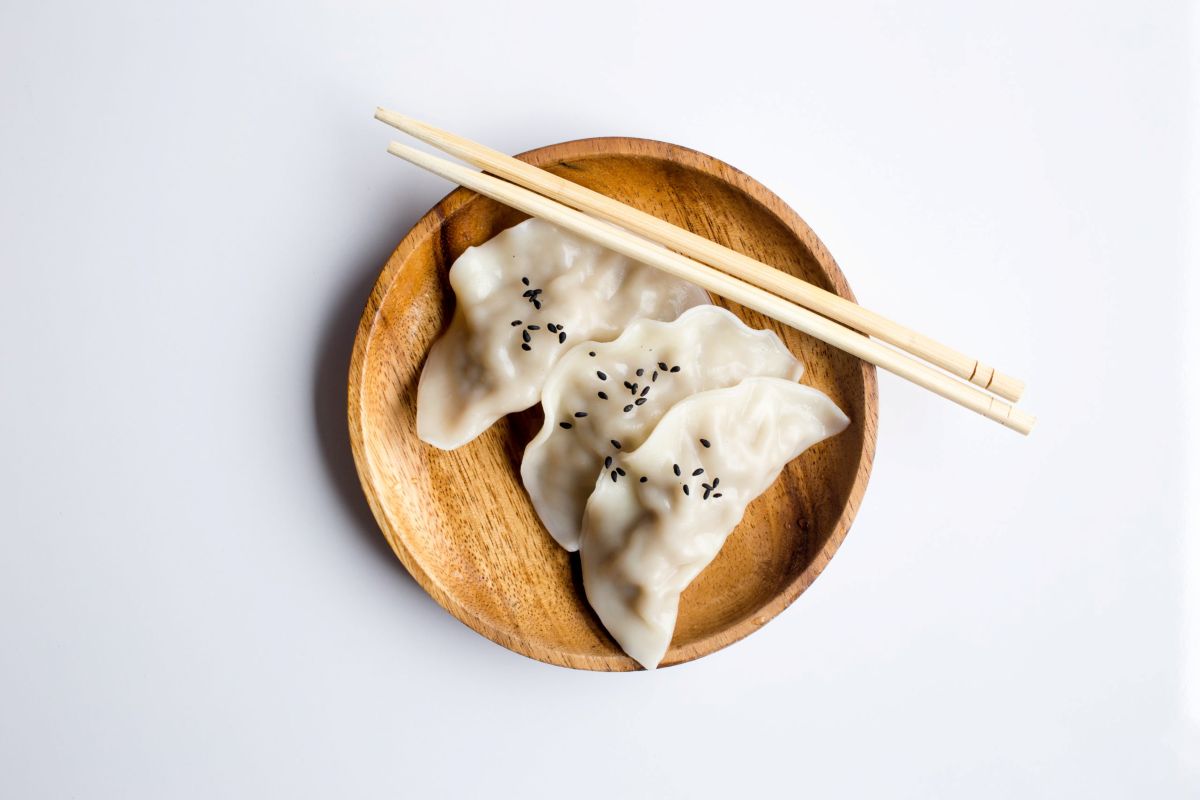 If we are called to eat and drink to the glory of God (1 Cor. 10:31), then surely this can be applied literally to what we eat and drink. Which is especially exciting to me as a registered dietitian.
If we are called to eat and drink to the glory of God (1 Cor. 10:31), then surely this can be applied literally to what we eat and drink. Which is especially exciting to me as a registered dietitian.
God has created our bodies and given us our health, which we have the responsibility to take care of. Caring for our physical health––through proper nutrition, physical activity, and rest––benefits us and gives glory to God.
What we put into our stomachs may seem like a trivial issue, but God cares about it too. In fact, he cares about your enjoyment of food as well. Food is a gift from God to nourish and sustain us. He wants us to enjoy this gift with pleasure.
Food is so diverse. The aromas can be so captivating and the flavours so delightful. They are too pleasurable to miss out on: the sharp scent of freshly roasted coffee beans. Or the variety of texture and taste of a homemade poke bowl––sashimi for the win!
When you are well-nourished, your brain is fuelled to work at its best. When you are physically healthy, you have more energy to love and serve others well.
While God can definitely use us in our weaknesses, it doesn’t mean we can just be thoughtless in how we take care of ourselves. Proper stewardship of our physical health, food, money, and time is therefore a prime manifestation of our faith and obedience to God.
Growing in health
Regardless of how you approach food and eating, we are all somewhere on a line between unhealthy and healthy. Things are also a bit different this semester with online classes and constantly changing guidelines. It’s easy to find yourself on your screen all day long, day after day. Meals might blur into one another, or it might look more like days of endless snacking.
Here are some suggestions for habits that may help you work towards health in regards to food, eating, and stewarding your physical health:
1. Make time for meals
Schedule in when you will eat your lunch or dinner for each day. If you don’t use a day planner, this is a great time to start, because it will help create structure in your daily routine. It is so important to have at least one proper sit-down meal every day. If it is not prioritized, mindless snacking can easily take over. You also earn bonus points if you try to eat this meal away from your screens and school work.
2. Snack smart
Try snacking on nutrient-dense food like fruits, yogurt, and nuts. And hydrate! Have a bottle of water beside your computer at all times. I find that bottles with a (reusable) straw work the best, because while we don’t want mindless snacking, mindless sipping of water is fine!
How to snack: plate the snacks and avoid eating straight out of the bag. This simple habit will help prevent snacking mindlessly and will help with eating reasonable portion sizes. Also, try to keep snacks put away and not lying around.
When to snack: if you are doing Tip #1, then knowing when to snack comes easily. One snack 2-3 hours after a meal will keep you going throughout long study sessions.
3. Eat with friends
Find someone to eat with. Perhaps you and your housemates can take turns cooking for each other. Or you can plan a lunch break with friends on campus. Or if nothing else, you could schedule a video chat with a friend over a meal. This practice will help you make time for meals (Tip #1) and increase the times you eat away from your work and (ideally) your screens, to actually be with people.
4. Find accountability
If you are already in a Bible study or have a mentor, check in on how you are doing in terms of your physical health. Your spiritual health is affected by our physical health, and vice versa. You can start by asking each other these questions:
What have you been eating for dinner lately?
How often do you eat with others?
How have you been stewarding your physical health so far this semester?
Is there a way I can help keep you accountable in terms of taking care of your physical health?
While it’s tempting to feel shame over how we approach food and eating, bringing our struggles or needs into safe relationships can provide comfort and support when we most need it.
5. Seek professional help
Some of these tips are easier said than done, or you might not know how this is possible for your unique circumstances. Or perhaps, you feel that your relationship with food is too complex to share with anyone.
If you find yourself in any of these situations, I would strongly suggest you seek help from health care professionals. Your university might even have a campus dietitian whose services are covered by your school's insurance. Many dietitians, including myself, offer virtual consultations.
Food is often more fun and enjoyable when it’s communal, so perhaps try one or two of these tips with a friend or roommate. My hope for you this semester is for you to keep growing towards a healthy approach to food and eating––and truly enjoy it for God’s glory.





